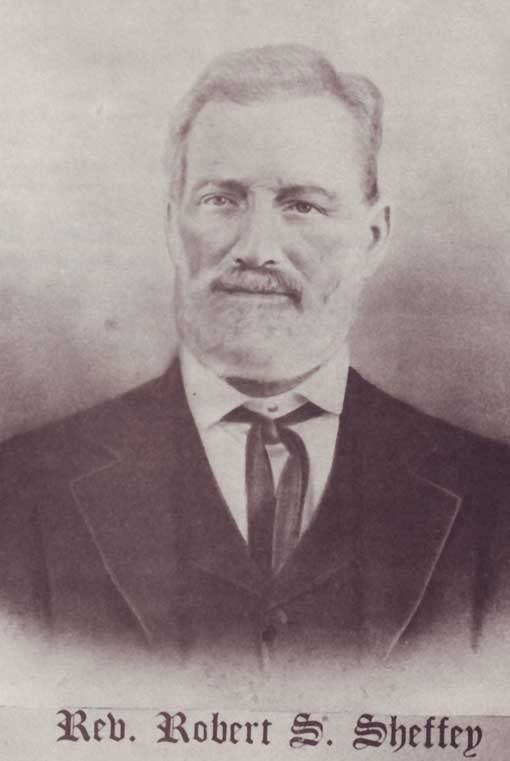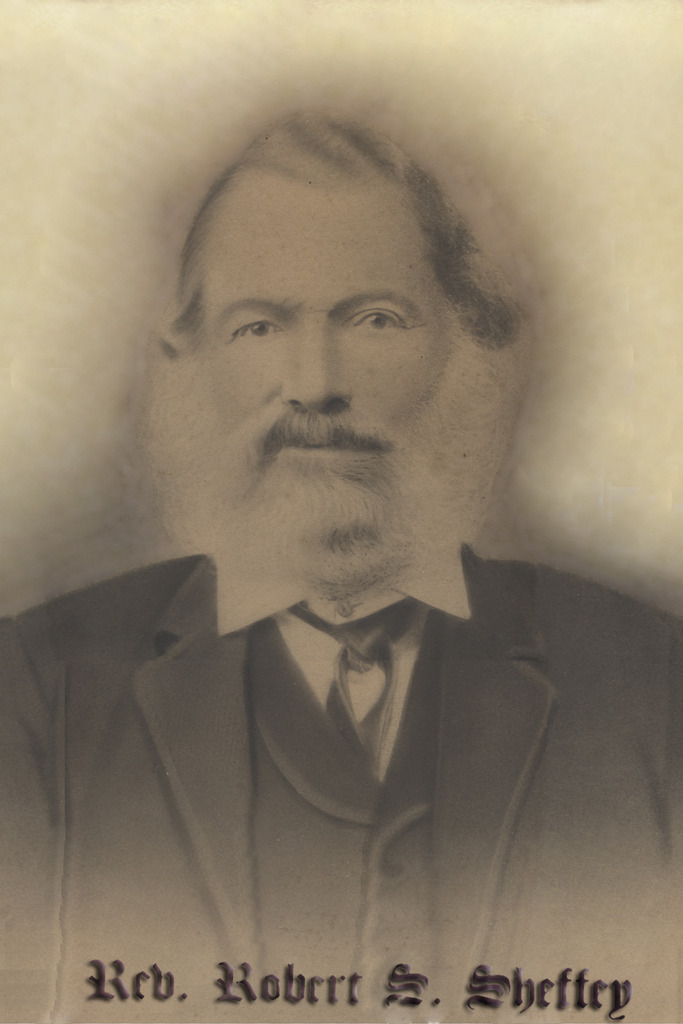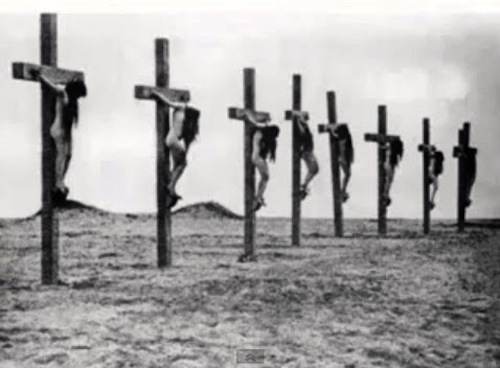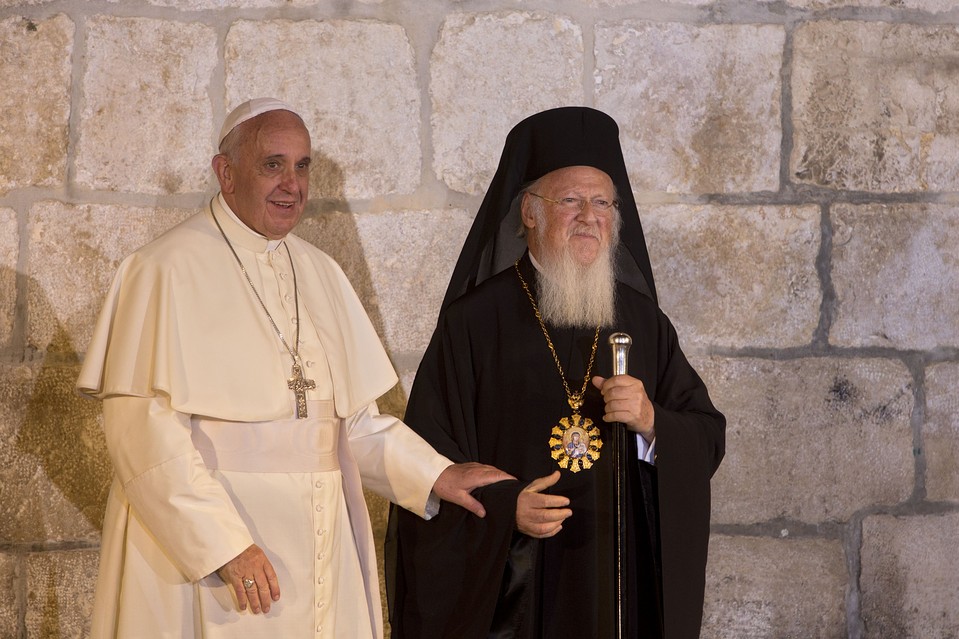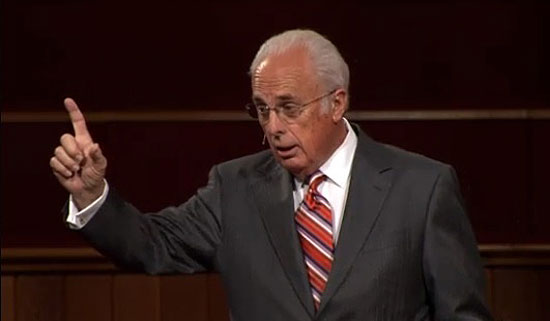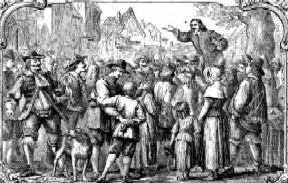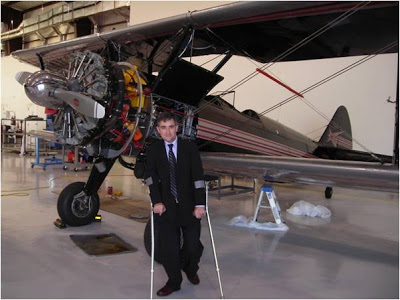There is a beauty in the Philadelphian church like none other, in which John Wesley is the brightest star within the Philadelphian cluster. The marks of Philadelphia...
1. They were not rigid on the doctrine like the Sardisians.
2. They were not materialistic like the Laodiceans.
3. Philadelphian - An enormous weight on loving one another.
4. Character! As you would get sanctified you would pick up Christian character!
5. Tragedy - Unfortunately enough, there was also a good deal of tragedy within the lives of the Philadelphians (Wesley would divorce).
6. Revival - John Wesley once prayed, "Lord send us revival without its defects but if this is not possible, send revival, defects and all."
7. Sweet - This would carry down to through the Methodist church down to the Pentecostal Holiness church where I belong. They would not let you profess sanctification unless you had a sweet spirit!
There is a man who wrote much about this church age by the name of George Clark Rankin. This is about the identical way I picked up salvation when I was a teenager.
...Quote...
After the team had been fed and we had been to supper we put the mules to the wagon, filled it with chairs and we were off to the meeting. When we reached the locality it was about dark and the people were assembling. Their horses and wagons filled up the cleared spaces and the singing was already in progress. My uncle and his family went well up toward the front, but I dropped into a seat well to the rear. It was an old-fashioned Church, ancient in appearance, oblong in shape and unpretentious. It was situated in a grove about one hundred yards from the road. It was lighted with old tallow-dip candles furnished by the neighbors. It was not a prepossessing-looking place, but it was soon crowded and evidently there was a great deal of interest. A cadaverous-looking man stood up in front with a tuning fork and raised and led the songs. There were a few prayers and the minister came in with his saddlebags and entered the pulpit. He was the Rev. W. H. Heath, the circuit rider. His prayer impressed me with his earnestness and there were many amens to it in the audience. I do not remember his text, but it was a typical revival sermon, full of unction and power.
At its close he invited penitents to the altar and a great many young people flocked to it and bowed for prayer. Many of them became very much affected and they cried out distressingly for mercy. It had a strange effect on me. It made me nervous and I wanted to retire. Directly my uncle came back to me, put his arm around my shoulder and asked me if I did not want to be religious. I told him that I had always had that desire, that mother had brought me up that way, and really I did not know anything else. Then he wanted to know if I had ever professed religion. I hardly understood what he meant and did not answer him. He changed his question and asked me if I had ever been to the altar for prayer, and I answered him in the negative. Then he earnestly besought me to let him take me up to the altar and join the others in being prayed for. It really embarrassed me and I hardly knew what to say to him. He spoke to me of my mother and said that when she was a little girl she went to the altar and that Christ accepted her and she had been a good Christian all these years. That touched me in a tender spot, for mother always did do what was right; and then I was far away from her and wanted to see her. Oh, if she were there to tell me what to do!
By and by I yielded to his entreaty and he led forward to the altar. The minister took me by the hand and spoke tenderly to me as I knelt at the altar. I had gone more out of sympathy than conviction, and I did not know what to do after I bowed there. The others were praying aloud and now and then one would rise shoutingly happy and make the old building ring with his glad praise. It was a novel experience to me. I did not know what to pray for, neither did I know what to expect if I did pray. I spent the most of the hour wondering why I was there and what it all meant. No one explained anything to me. Once in awhile some good old brother or sister would pass my way, strike me on the back and tell me to look up and believe and the blessing would come. But that was not encouraging to me. In fact, it sounded like nonsense and the noise was distracting me. Even in my crude way of thinking I had an idea that religion was a sensible thing and that people ought to become religious intelligently and without all that hurrah. I presume that my ideas were the result of the Presbyterian training given to me by old grandfather. By and by my knees grew tired and the skin was nearly rubbed off my elbows. I thought the service never would close, and when it did conclude with the benediction I heaved a sigh of relief. That was my first experience at the mourner's bench.
As we drove home I did not have much to say, but I listened attentively to the conversation between my uncle and his wife. They were greatly impressed with the meeting, and they spoke first of this one and that one who had "come through" and what a change it would make in the community, as many of them were bad boys. As we were putting up the team my uncle spoke very encouragingly to me; he was delighted with the step I had taken and he pleaded with me not to turn back, but to press on until I found the pearl of great price. He knew my mother would be very happy over the start I had made. Before going to sleep I fell into a train of thought, though I was tired and exhausted. I wondered why I had gone to that altar and what I had gained by it. I felt no special conviction and had received no special impression, but then if my mother had started that way there must be something in it, for she always did what was right. I silently lifted my heart to God in prayer for conviction and guidance. I knew how to pray, for I had come up through prayer, but not the mourner's bench sort. So I determined to continue to attend the meeting and keep on going to the altar until I got religion.
Early the next morning I was up and in a serious frame of mind. I went with the other hands to the cottonfield and at noon I slipped off in the barn and prayed. But the more I thought of the way those young people were moved in the meeting and with what glad hearts they had shouted their praises to God the more it puzzled and confused me. I could not feel the conviction that they had and my heart did not feel melted and tender. I was callous and unmoved in feeling and my distress on account of sin was nothing like theirs. I did not understand my own state of mind and heart. It troubled me, for by this time I really wanted to have an experience like theirs.
When evening came I was ready for Church service and was glad to go. It required no urging. Another large crowd was present and the preacher was as earnest as ever. I did not give much heed to the sermon. In fact, I do not recall a word of it. I was anxious for him to conclude and give me a chance to go to the altar. I had gotten it into my head that there was some real virtue in the mourner's bench; and when the time came I was one of the first to prostrate myself before the altar in prayer. Many others did likewise. Two or three good people at intervals knelt by me and spoke encouragingly to me, but they did not help me. Their talks were mere exhortations to earnestness and faith, but there was no explanation of faith, neither was there any light thrown upon my mind and heart. I wrought myself up into tears and cries for help, but the whole situation was dark and I hardly knew why I cried, or what was the trouble with me. Now and then others would arise from the altar in an ecstasy of joy, but there was no joy for me. When the service closed I was discouraged and felt that maybe I was too hardhearted and the good Spirit could do nothing for me.
After we went home I tossed on the bed before going to sleep and wondered why God did not do for me what he had done for mother and what he was doing in that meeting for those young people at the altar. I could not understand it. But I resolved to keep on trying, and so dropped off to sleep. The next day I had about the same experience and at night saw no change in my condition. And so for several nights I repeated the same distressing experience. The meeting took on such interest that a day service was adopted along with the night exercises, and we attended that also. And one morning while I bowed at the altar in a very disturbed state of mind Brother Tyson, a good local preacher and the father of Rev. J. F. Tyson, now of the Central Conference, sat down by me and, putting his hand on my shoulder, said to me: "Now I want you to sit up awhile and let's talk this matter over quietly. I am sure that you are in earnest, for you have been coming to this altar night after night for several days. I want to ask you a few simple questions." And the following questions were asked and answered:
"My son, do you not love God?"
"I cannot remember when I did not love him."
"Do you believe on his Son, Jesus Christ?"
"I have always believed on Christ. My mother taught me that from my earliest recollection."
"Do you accept him as your Savior?"
"I certainly do, and have always done so."
"Can you think of any sin that is between you and the Savior?"
"No, sir; for I have never committed any bad sins."
"Do you love everybody?"
"Well, I love nearly everybody, but I have no ill-will toward any one. An old man did me a wrong not long ago and I acted ugly toward him, but I do not care to injure him."
"Can you forgive him?"
"Yes, if he wanted me to."
"But, down in your heart, can you wish him well?"
"Yes, sir; I can do that."
"Well, now let me say to you that if you love God, if you accept Jesus Christ as your Savior from sin and if you love your fellowmen and intend by God's help to lead a religious life, that's all there is to religion. In fact, that is all I know about it."
Then he repeated several passages of Scriptures to me proving his assertions. I thought a moment and said to him: "But I do not feel like these young people who have been getting religion night after night. I cannot get happy like them. I do not feel like shouting."
The good man looked at me and smiled and said: "Ah, that's your trouble. You have been trying to feel like them. Now you are not them; you are yourself. You have your own quiet disposition and you are not turned like them. They are excitable and blustery like they are. They give way to their feelings. That's all right, but feeling is not religion. Religion is faith and life. If you have violent feeling with it, all good and well, but if you have faith and not much feeling, why the feeling will take care of itself. To love God and accept Jesus Christ as your Savior, turning away from all sin, and living a godly life, is the substance of true religion."
That was new to me, yet it had been my state of mind from childhood. For I remembered that away back in my early life, when the old preacher held services in my grandmother's house one day and opened the door of the Church, I went forward and gave him my hand. He was to receive me into full membership at the end of six months' probation, but he let it pass out of his mind and failed to attend to it.
As I sat there that morning listening to the earnest exhortation of the good man my tears ceased, my distress left me, light broke in upon my mind, my heart grew joyous, and before I knew just what I was doing I was going all around shaking hands with everybody, and my confusion and darkness disappeared and a great burden rolled off my spirit. I felt exactly like I did when I was a little boy around my mother's knee when she told of Jesus and God and Heaven. It made my heart thrill then, and the same old experience returned to me in that old country Church that beautiful September morning down in old North Georgia.
I at once gave my name to the preacher for membership in the Church, and the following Sunday morning, along with many others, he received me into full membership in the Methodist Episcopal Church, South. It was one of the most delightful days in my recollection. It was the third Sunday in September, 1866, and those Church vows became a living principle in my heart and life. During these forty-five long years, with their alternations of sunshine and shadow, daylight and darkness, success and failure, rejoicing and weeping, fears within and fightings without, I have never ceased to thank God for that autumnal day in the long ago when my name was registered in the Lamb's Book of Life.
.../Quote...


